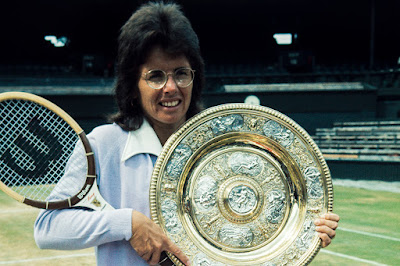In one of my very early posts for The Shelbiad, I shared my love of Atalanta’s mythos: ‘The name “Atalanta” means “equal in weight”, and she proved over and over again that she was more than equal to any man. Isn’t that the equality we’re all striving for?’ (2019).
So, it should really be no surprise that when one of my favourite mythical adapters retells the myths of one of my all time favourite mythical women, I LOVED IT.
Took a copy of Atalanta to meet Atalanta in the Vatican museum pic.twitter.com/BzQOQ9iMH8
— Jennifer Saint UPDATES ONLY (@jennysaint) March 20, 2023
When so many of the contemporary myth novels are focused on mythologised ancient courts and their princesses and queens, who often chafe against the restrictive patriarchies and doubt the existence of their gods, like Helen in Sparta and Troy, Clytemnestra in Mycenae, Jocasta and Antigone in Thebes … it is a refreshing change of pace to have a novel from the perspective of a wild woman, running through the woods, surrounded by nymphs and Olympians and centaurs.
It’s thrilling to see famous heroic epics, like the Argonauts and the Calydonian boar hunt, not from either the male perspective or the sidelined female perspective, but from the perspective of a woman right there in the middle of it.
Now, that’s not to say she doesn’t experience misogyny once she leaves her idyllic woods where she runs and hunts with Artemis and her devotees. As you might expect, some of the heroes on the journey to claim the Golden Fleece from Colchis are furious that there is a woman amongst them. Not only that: a woman who can outrun them, outshine them, out- hero them. A woman who does not sully the name of heroism with her greed, lust, rage, and narcissism.
Although many of us will never join a hunt for a boar sent by the gods as punishment or bathe with nymphs in a blessed grove, we might still find some resonances with Atalanta. We might see ourselves in the pressure on her to be ten times as good as her male counterparts for a tenth of the credit. We might not go toe-to-toe with Jason and Heracles, but we might experience microaggressions and hepeating (when a woman’s suggestion is overlooked, but then readily accepted when a man repeats it). We might experience the crushing pressure of expectations of perfection alongside the demoralising, yet motivating, effects of being constantly underestimated.
I think this novel also does an excellent job of reminding us that, while the genre of contemporary feminist adaptations of Greek myth continues to boom, there has not yet been a bust in fresh takes. We’ve seen glimpses of the Argonauts from the eyes of Circe, Medea, Atlas, and others, but here we get the perspective from someone who is at once an insider and an outsider on the expedition; someone for whom gendered expectations did not play a role in her formulation of self, but it plays an inextricable role in the formulation of her circumstances.
Helen Morales (2020) has written about the ‘spirit of Antigone’ that can be found in any young girl standing up to despotic leadership. What of the spirit of Atalanta? To me, this can be found in any woman who steps up to the plate, confident in her own excellence, undeterred by the men that dominate her field.
I think of the Williams sisters, Mary Wollstonecraft, Mary Shelley, Judy Chicago, Alice Walker, Billie Jean King, and Megan Rapinoe.
Who else has the spirit of Atalanta?
***
This was part 4 of The Shelbiad Summer Book Club. Remember: you can post your review of the book in the comments and I will add it to the post by the end of summer!
If you wish to submit a picture showing the books in your summery locations (or ironically dreary locations), you can send them via email (sjediting7@gmail.com), or via Twitter DMs / mentions.

.jpg)

Comments
Post a Comment